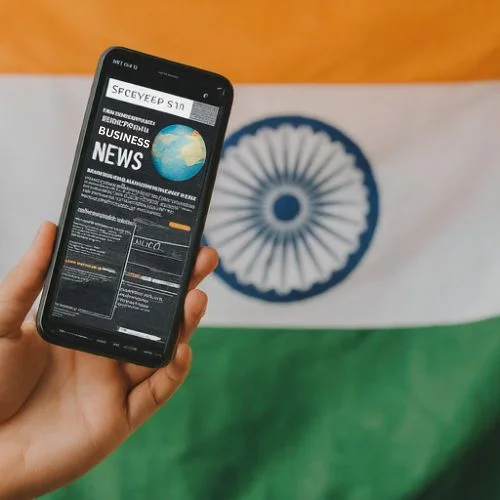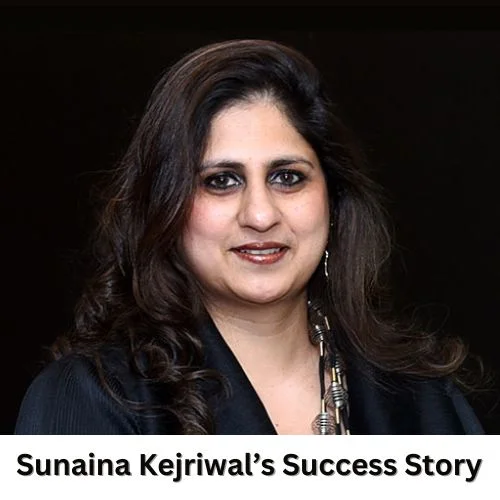Considering all of their achievements, we don’t commonly honor Indian women scientists. India became the first nation in history to reach Mars on a single mission in 2014 when ISRO’s efforts launched an Indian spacecraft into orbit around the planet. The nation celebrated this incredible achievement, but only later did they realize that eight women scientists were responsible for this mission.
Most of us can all think of Marie Curie when asked to identify a female scientist, but when it comes to Indian women scientists, we are at a loss. Let’s take a moment to acknowledge the Indian woman scientist who, despite all the odds, has managed to make numerous important achievements.
Ten Indian women scientists who challenged the male-dominated field of research and proven to be true impact experts are listed below:
| S.no. | Top 10 Indian Women Scientists |
| 1 | Gagandeep Kang |
| 2 | Tessy Thomas |
| 3 | Nigar Shaji |
| 4 | Sudha Bhattacharya |
| 5 | Kalpana Chawla |
| 6 | Vijaylaxmi Ravindranath |
| 7 | Shubha Tole |
| 8 | Minal Sampat |
| 9 | Rohini Godbole |
| 10 | Sunetra Gupta |
1. Gagandeep Kang
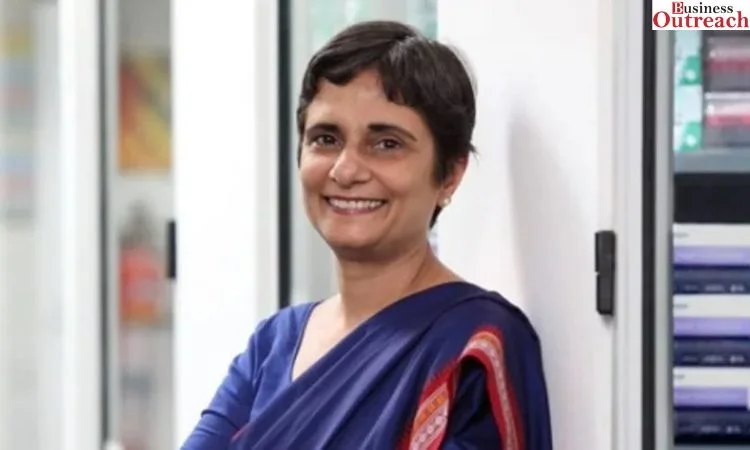
Source: The Indian Express
Renowned Indian microbiologist Gagandeep Kang created history in 2019 when she became the first female Indian elected to the rank of Member of the Royal Society. Her ground-breaking work focuses on child viral diseases, namely rotaviral vaccine trials.
Kang has written more than 300 scientific research articles and serves as the chair of the WHO SEAR’s Regional Immunization Technical Advisory Group.
In addition to being honored with other honors, including memberships from major organizations like the Indian National Science Academy and the Royal College of Pathologists, she was awarded the desired Infosys Prize in Life Sciences in 2016.
2. Tessy Thomas
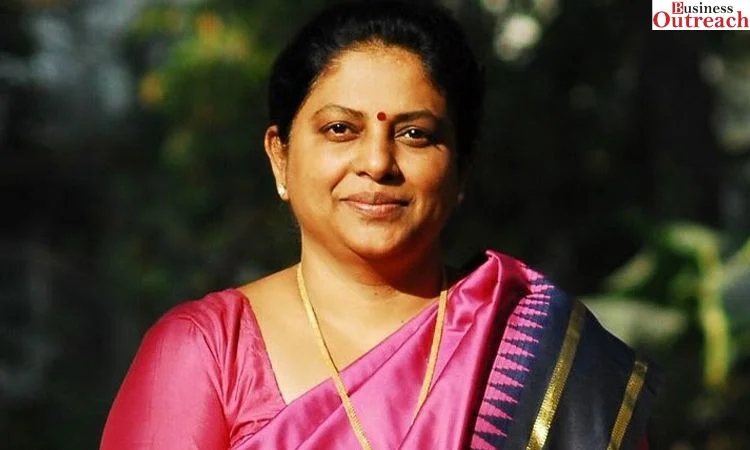
Source: Shekunj
The “Missile Woman of India,” Tessy Thomas, was important in India’s nuclear missile defense program.
She has made major contributions to the field of aerospace engineering and enjoys having the honor of being the first female scientist to lead a missile project in India.
Thomas has been recognized by organizations such as the MIT Technology Review and The Scientist, and she has been the recipient of multiple honors for her exceptional contributions to the profession.
India’s defense capabilities have advanced thanks in large part to her outstanding leadership and knowledge.
3. Nigar Shaji
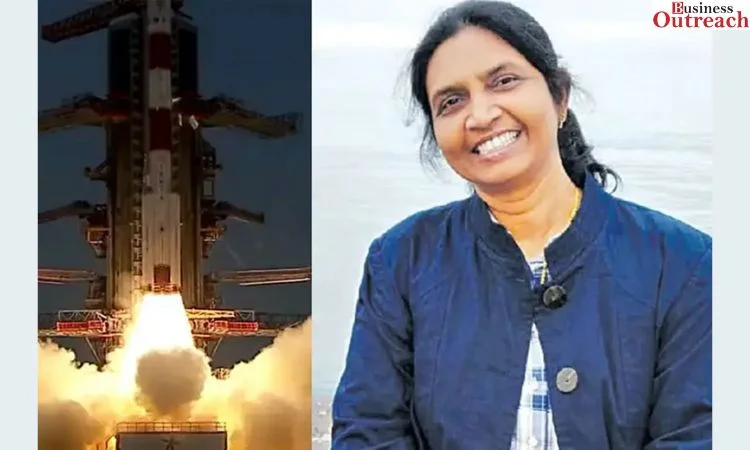
Source: The Munsif Daily
Since joining ISRO in 1987, Indian aerospace engineer Nigar Shaji has played a key role in the nation’s space exploration efforts. However, she supervised the Aditya-L1 project, which was India’s first solar mission.
Her 35-year career with ISRO demonstrates her broad range of professional experience. She held the position of Associate Project Director on Resourcesat-2A, an important Indian remote sensing satellite that is used for national resource management and monitoring.
Her educational background includes a Master’s in Electronics from BIT Ranchi and a Bachelor’s in electronics and communication. Shaji’s efforts underscore her pivotal position in India’s space missions and her never-ending commitment to advancing the country’s space exploration pursuits.
No one can overstate the importance of women and girls in science in India. Their commitment, determination, and creativity have inspired the country to work toward scientific greatness and established a model for the rest of the world to follow.
4. Sudha Bhattacharya
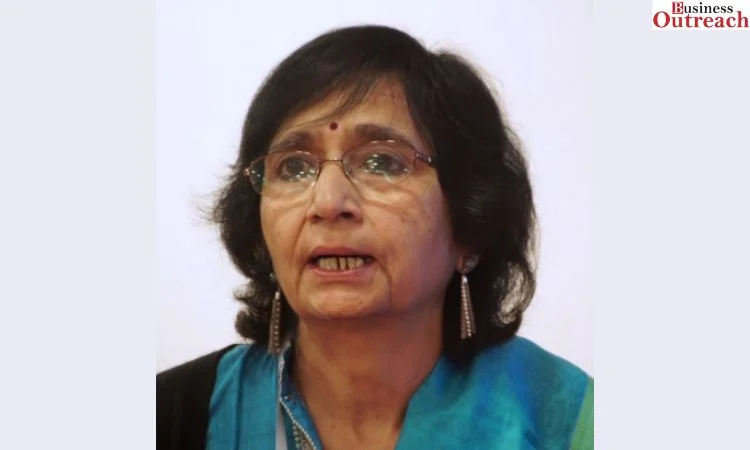
Source: ThePrint
Molecular parasitology has benefited greatly from the work of Sudha Bhattacharya, a professor at Jawaharlal Nehru University’s (JNU) School of Environmental Sciences and an elected member of the Indian Academy of Sciences, The National Academy of Sciences, and The Indian National Science Academy (2014).
Her remarkable studies on the parasitic Entamoeba histolytica have produced ground-breaking findings in the fields of parasite biology and gene control.
Thanks to the widespread acceptance of Bhattacharya’s work, she has been awarded numerous scholarships and prizes, such as recognition from the Indian Academy of Sciences and the National Academy of Sciences, India.
5. Kalpana Chawla
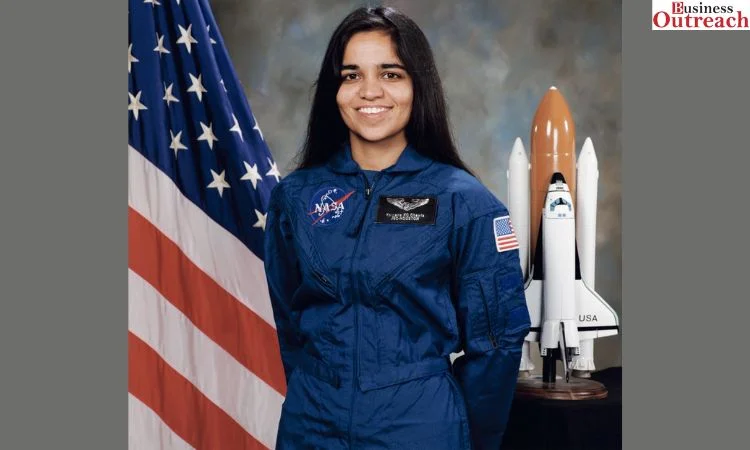
Source: Dr. Kalpana Chawla Scholars
On March 17, 1962, Kalpana Chawla, an Indian symbol of dedication and will, was born in Karnal, Haryana. Growing up in a modest family, she had aspirations of reaching the stars at an early age. Chawla’s journey from her modest Haryana origins to the great reaches of space is evidence of her everlasting commitment and love of discovery. Her research efforts resulted in her receiving degrees in aircraft engineering from both Punjab Engineering College and the University of Texas, so opening the way for her revolutionary career in the aerospace industry.
When Kalpana Chawla became the first woman of Indian descent to travel into space in 1997, she accomplished a historic achievement. She was chosen to serve as a mission specialist on the Space Shuttle Columbia, which launched her beyond Earth’s atmosphere, fulfilling her childhood dream in the vast universe. Chawla’s journey was not without difficulties, though.
She faced gender discrimination and presumptions as a female astronaut, but she overcame them with respect and strength, demonstrating her abilities as an astronaut and motivating a great number of people worldwide. The inspirational legacy of Kalpana Chawla lives on as a symbol of aspiration and confidence. Her contributions to space exploration encourage upcoming astronaut generations to aim high and beyond, showing us all that anything is possible if you have guts and perseverance.
6. Vijaylaxmi Ravindranath
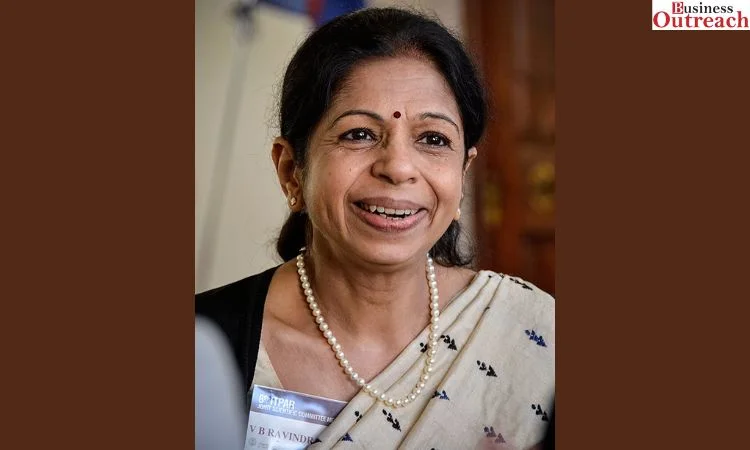
Source: Financial Tomes
When employed at the Central Food Technology Research Institute (CFTRI), Vijayalakshmi Ravindranath obtained her B.Sc. and M.Sc. degrees from Andhra University and her PhD (biochemistry) from Mysore University in 1981. After returning to India, she worked as a Postdoctoral Fellow at the National Cancer Institute in the United States (1982–1985). She then joined the National Institute of Mental Health and Neurosciences (NIMHANS) in Bangalore.
She stayed on at NIMHANS until 2000 when she became the first director of the National Brain Research Center (NBRC), a separate institution under the Department of Biotechnology. Among the several honors that Professor Ravindranath has received are the SS Bhatnagar Award for Medical Sciences (1996), the Om Prakash Bhasin Award for Science & Technology (2001), the KP Bhargava Medal of the Indian National Science Academy (2001), and the Stree Shakti Award.
7. Shubha Tole
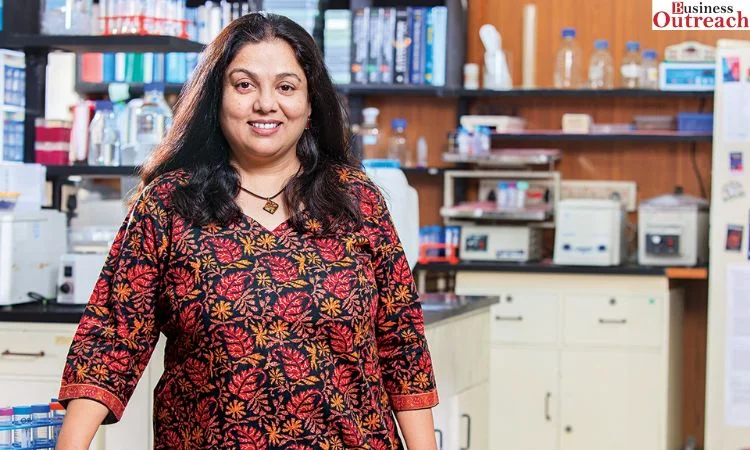
Source: Infosys Science Foundations
A neuroscientist at the Tata Institute of Fundamental Research in Mumbai is Shubha Tole. Honors like the Infosys Prize and the Shanti Swarup Bhatnagar Award are only two examples of the great recognition she has received for her innovative work on the development of the brain in the early embryo. Professor Tole is a strong supporter of women in science and mental health awareness in academia. She actively participates in scientific engagement that encourages younger scientists by drawing on her experiences as a role model, policymaker, and senior scientist.
8. Minal Sampat

Source: Thriving Dentist
India’s Rajkot is where Minal Sampat was born. Rohit had always wanted to be a doctor, but in class eight, a space program on TV made her reconsider. She observed in school that rather than pursuing knowledge, her female friends choose scientific occupations primarily for the potential pay. Systems engineer Minal Sampath contributed to India’s Mars mission.
She began her career with the Indian Space Research Organization (ISRO) as a satellite communications engineer. She later joined the Space Application Center, where she was the only female employee and contributed significantly to the creation of the Mars Orbiter Mission. In 2013, she was granted the ISRO Young Scientist Merit Award.
9. Rohini Godbole
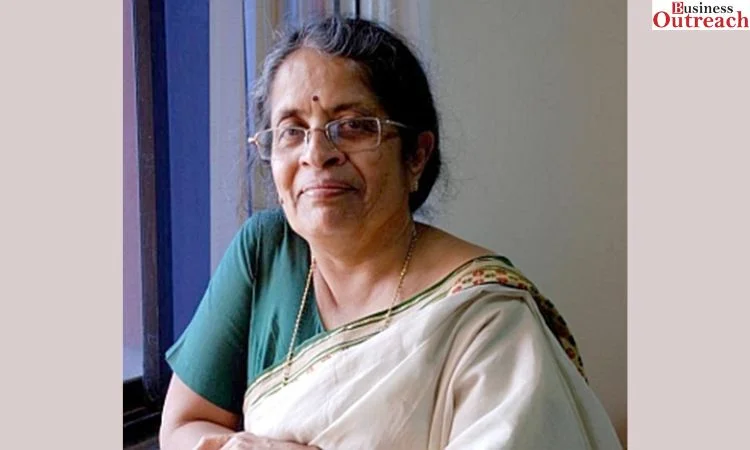
Source: ICTS
Rohini Godbole, an IIT Bombay silver medallist from 1974, has made outstanding contributions to basic science, particularly to the theory of elementary particle physics.
She obtained her Ph.D. from SUNY Stony Brook, USA, and from 1982 to 1995, she worked as a lecturer and reader at the University of Bombay’s Department of Physics. She also visited TIFR from 1979 to 1982. Godbole became an Associate Professor at the Centre for Theoretical Studies at IISc Bangalore in 1995, and he became a Professor in June 1998. From August 1996 to March 2002, she served as the Center’s chairperson.
Godbole has significantly influenced both Beyond the Standard Model phenomenology and many various facets of the Standard Model. Her research on the structure of the proton, photon, and nucleus has been substantial. The second main focus of The development of theoretical models for producing new particles and strategies for doing so in high-energy colliders has been the focus of research.
More than 150 research publications have been written by her, and several of them have some of the highest circulation indexes in their field.
Her reputation comes from her election to the National Academy of Sciences and the Indian National Science Academy. She was just appointed to the IAU and IUPAP Joint National Committee. She is currently involved in and a major international organizer of the effort to imagine the next generation of collider experiments, which is essential to filling up many gaps in our knowledge of the fundamental forces of nature.
10. Sunetra Gupta
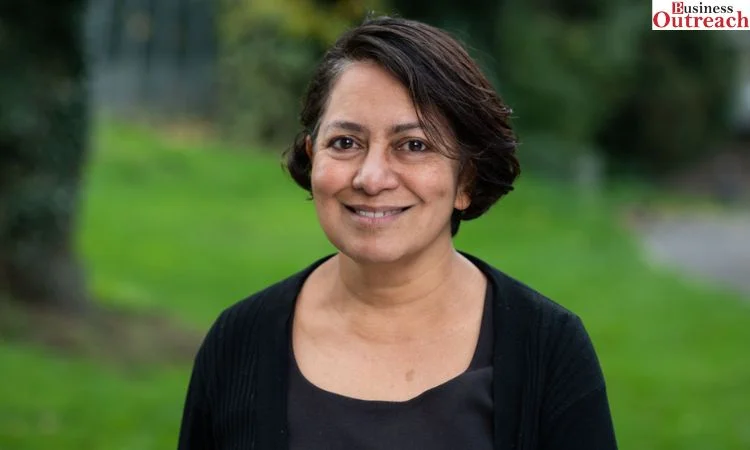
Source: Department of Biology
A famous novelist, essayist, and scientist is Sunetra Gupta. She received the 2009 Rosalind Franklin Award from the Royal Society in honor of her contributions to science. Living in Oxford with her husband and two daughters, Sunetra holds the position of Professor of Theoretical Epidemiology at the Department of Zoology at Oxford University. She graduated from Princeton University in 1987 and the University of London in 1992 with a PhD. Born in Calcutta in 1965, Sunetra initially published her novels in Bengali. She is a skilled translator of Rabindranath Tagore‘s poems.
Conclusion
Female scientists‘ new perspective on the profession is essential for promoting innovation and advancement. They can approach scientific problems differently because of their varied experiences and backgrounds, which results in discoveries and inventions. Their studies, creations, innovations, and discoveries have improved our quality of life and opened the door to a bright future.









